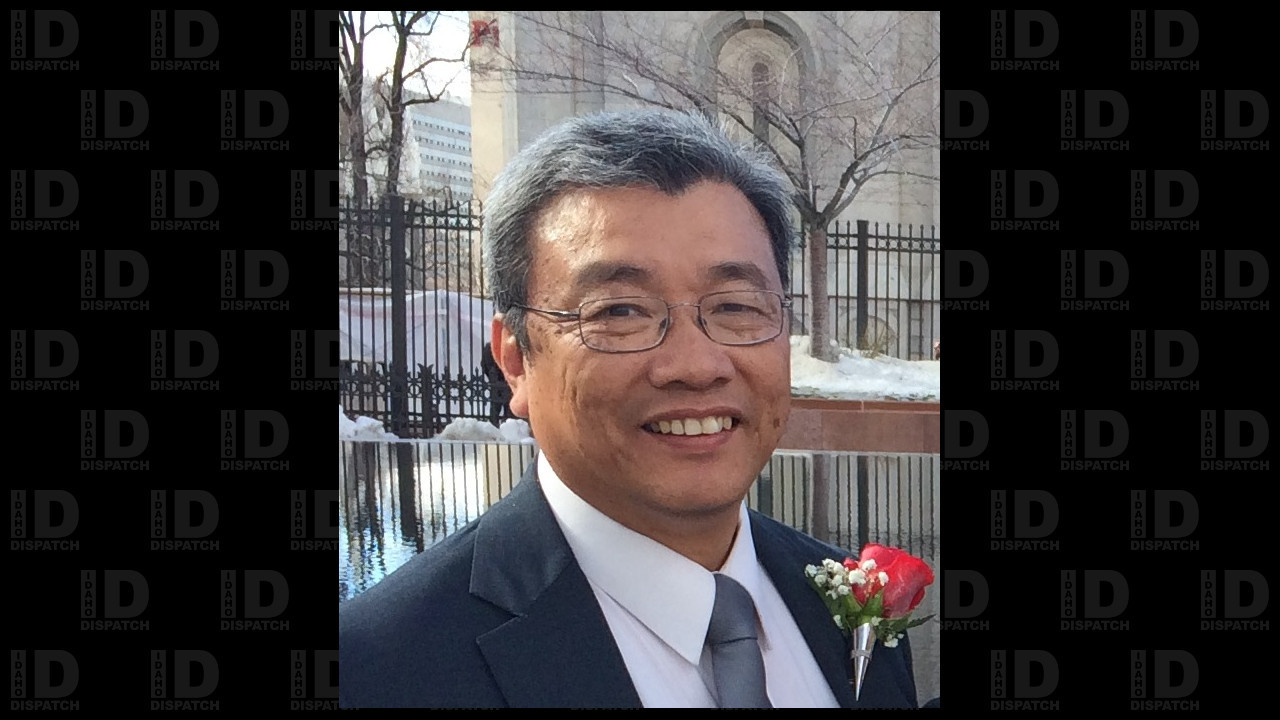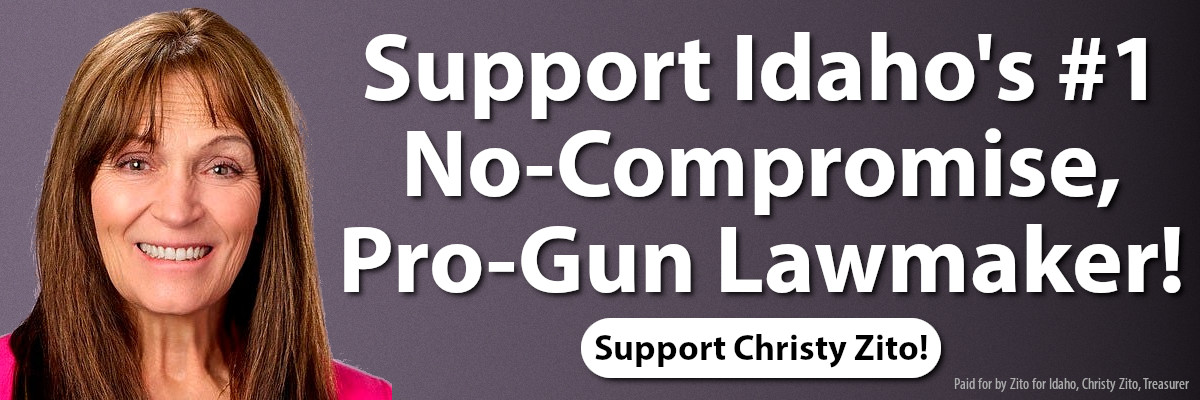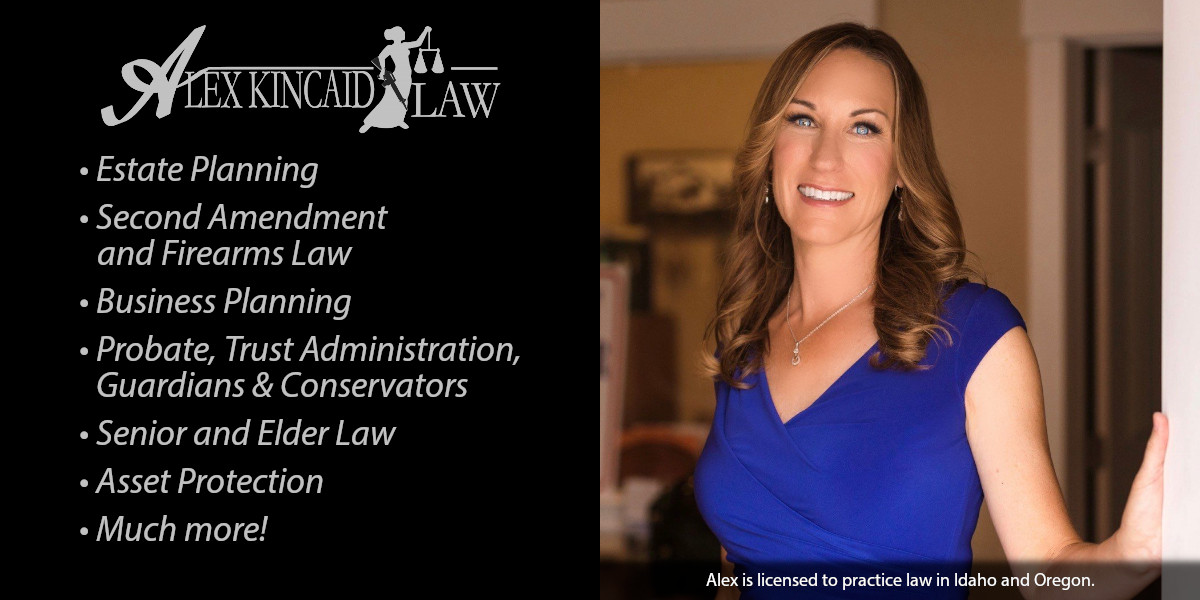
Op-Ed: The Flaws of Ranked Choice Voting
By Art Da Rosa • September 6, 2024The following Op-Ed was submitted by Art da Rosa. Op-Eds do not necessarily reflect the views and opinions of those at the Idaho Dispatch.
I investigated Prop 1, the Ranked Choice Voting. I concluded that it has severe flaws. The biggest one is that it goes against the ideals set by our Founding Fathers. Additionally, it is also a manipulation tool.
First, Ranked Choice Voting (RCV) is what the experts call Proportional Representation. As the title implies, those who received a smaller percentage of votes should receive a proportional say in the political system or election results.
But what is wrong with that? For that, I want to recount the ideals set by our Founding Fathers, compare them to our nation’s history, and compare the proposed system with the European Parliamentary system of governance.
The Ideals and History of America
The hallmark of the American system is Representation and Rule of Law.
The Declaration of Independence states
“Governments are instituted among Men, deriving their just powers from the consent of the governed.”
The citizens empower the government to do only what it is authorized to do. The Constitution is the Supreme Law of the Land, and it is the basis of the concept of the Rule of Law.
Representation means that through elections, we select and grant elected officials authority to govern on our behalf. In this regard, election is a right that is supremely important and regarded as sacred.
James Madison sums it up concisely in Federalist 54:
“They will depend merely on the majority of votes in the federal legislature, and consequently each vote… will have an equal weight and efficacy: in the same manner as the votes individually given in a precise equality of value and effect.”
Everyone has the same vote as everyone else… in every situation, location, platform, and political chamber. Otherwise, it will be subject to manipulation.
This ideal is further clarified in our history, especially in the Civil Rights movement. The American heritage clarified two main concepts, the recognition of “One Man, One Vote” and “Winner-Take-All.”
Winner-Take-All vs Proportional Representation
With our election system, the Winner-Take-All and Two-Party-System emerged. Rather than undemocratic, this system is ingeniously beautiful. The winner, by however narrow margins, receives the total prize, and he gets to represent the People and govern.
The loser gets to regroup and alter his platform – to adapt it closer to the People. It is for this reason that if a candidate wins by 10 percentage points, his victory is a landslide victory, as both candidates are trying to seek the will of the People.
The other end of the spectrum is Proportional Representation. This is the theory behind the Ranked Choice Voting. A simpler way to explain this is to look at the Parliamentary system, which is popular in Europe. To govern, a majority is needed to form their government. Since no one party has the majority, several of them come together to organize a larger governing block. The flaw in this system is that smaller parties demand concessions from the larger ones. It incentivizes the creation of multiple parties. And these parties have no incentives whatsoever to seek the will of the People.
Last week I wrote the article “The Math of Ranked Choice Voting” (Op-Ed: The Math of Ranked Choice Voting – Idaho Dispatch) to explain how votes are shifted and how the lower vote-getters ended up winning elections. The scenario is the same as the Parliamentary system of government
In the American system, the candidates seek the will of the People. Proportional Representation promotes extremist fringe ideals.
Manipulation
I love the early history of our Nation, including the intense discussion between the Federalists and the Anti-Federalists. The Anti-Federalists pointed out that elected officials were wealthy people. They turned out to be the elites in our society. They also tend to have narrow views and are not good representatives. Since our Constitution guarantees that everybody’s vote has the same weight, the concern of the Anti-Federalists was voter manipulation. Manipulation can come in two main ways: first, restrict our options (my way or the highway); second, multiple options to confuse us. RCV does just that.
Conclusion
After closely examining Prop 1, Ranked Choice Voting, I concluded that RCV would not do what it claims to do. It is anti-American and it is a form of manipulation. Idahoans, don’t be fooled by the illusion of Prop 1. It will not give us more freedom in elections. It will not bring more democracy to America. It will subvert our Democracy instead.
Art da Rosa, PE, MPA, CFM
Inkom, ID
Tags: Art Da Rosa, Op-Ed, Prop 1, Ranked Choice Voting, RCV
2 thoughts on “Op-Ed: The Flaws of Ranked Choice Voting”
Comments are closed.








Crystal clear to me…NO ON PROP 1!!!
I believe Mr. da Rosa is correct in saying that Prop. 1 would create sort of a Parliament in Idaho. It could lead to having many small parties on the ballot. These small, radical parties might do just what Mr. da Rosa has noted: demand that the larger members of the would-be governing coalition make drastic concessions in return for their support.
I read Prop. 1, Section 9b as saying that once a tiny new political party gets on the Idaho ballot, it can stay on the ballot for every subsequent election as long as its candidate for governor gets at least 3% of the votes cast in the last election for all candidates of that SAME political party. Instead of comparing the tiny party to more broad-based parties as current law demands, it is compared only with itself in the new Prop. 1 system.
A glance at recent elections in France and Germany shows how a parliamentary system disappoints many voters. A maverick party can win a substantial percentage of the vote but end up with practically no power in Parliament because the other parties, large and small, can gang up on it.